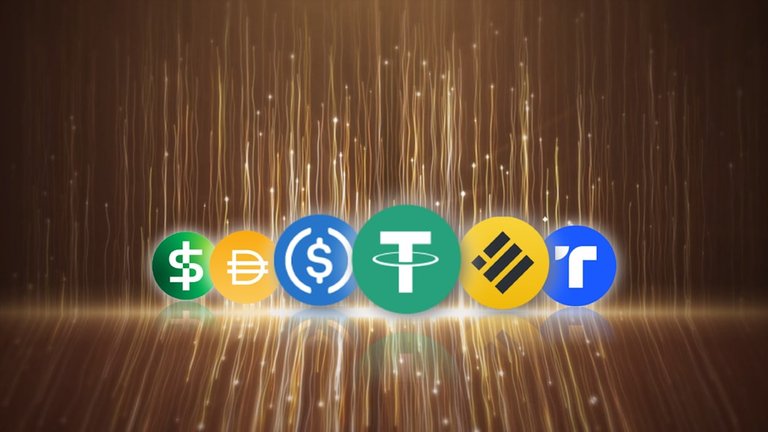Tether, a name that became synonymous with USDT, is stepping outside of its usual digital asset realm to lend money to physical goods traders. Commodity companies, especially those with small capital, have always had a hard time securing credit. That's something I've seen firsthand in conversations with people working in such industries as oil and metals.
All of the complexity just makes banks cautious, thus leaving companies to look for options elsewhere. Tether could be that game-changer, filling the gaps traditional banks just do not want to touch.

But is this really a safe move?
Commodity trade finance, on paper, is low-risk, especially when you have liquid collateral like oil or metals supporting the loans.
But we cannot disregard the fact that the industry has been riddled with uncertainties. Just think of the Russian invasion of Ukraine, just that turmoil itself suffused the various strata of the sector. The bottom line is that Tether cannot escape the influence of general economic and geopolitical pressures. Of course, they may boast of a profit of $5.2 billion, and that is something indeed, but even that cannot save them completely from the volatility of the commodity markets.
What is a little unsettling, is how this all plays into larger geopolitical flows:
"Tether's USDT being used by Russian metals producers or Venezuela's oil company".
Stablecoins seem to be an opening frontier of international finance, working out the edges of the mainstream system.
Yet, of course, there's always the tension of where innovation become risky territory?
Posted Using InLeo Alpha
Congratulations @falcon97! You have completed the following achievement on the Hive blockchain And have been rewarded with New badge(s)
Your next target is to reach 60 posts.
You can view your badges on your board and compare yourself to others in the Ranking
If you no longer want to receive notifications, reply to this comment with the word
STOP